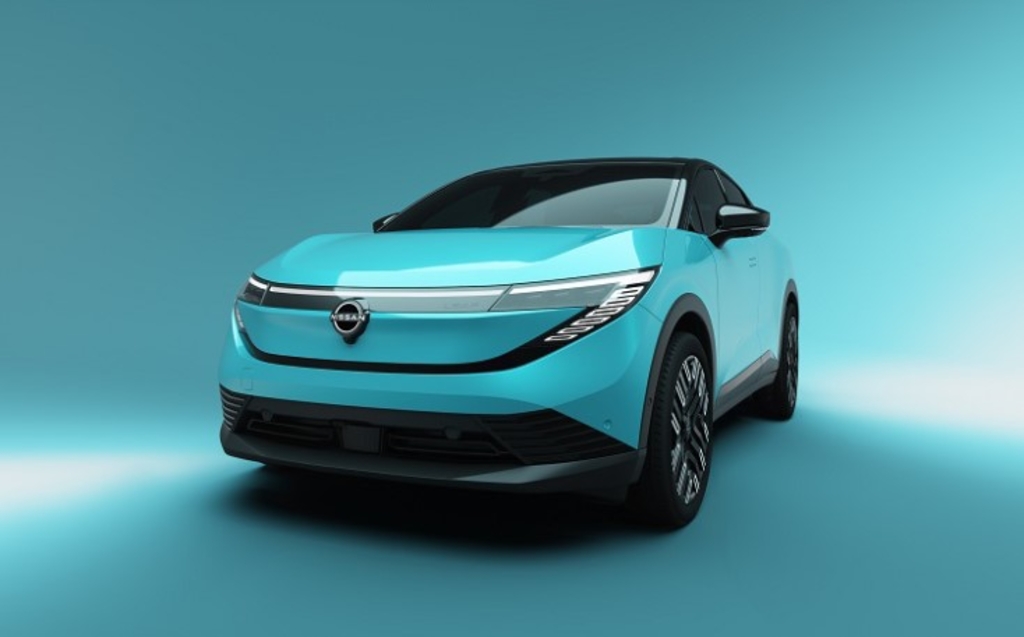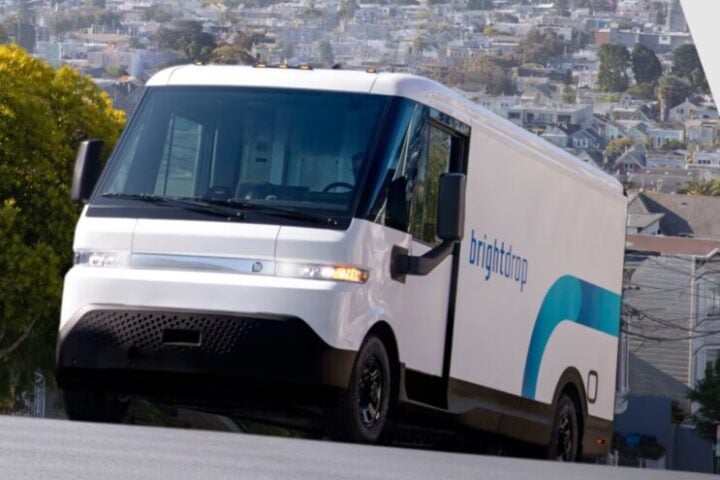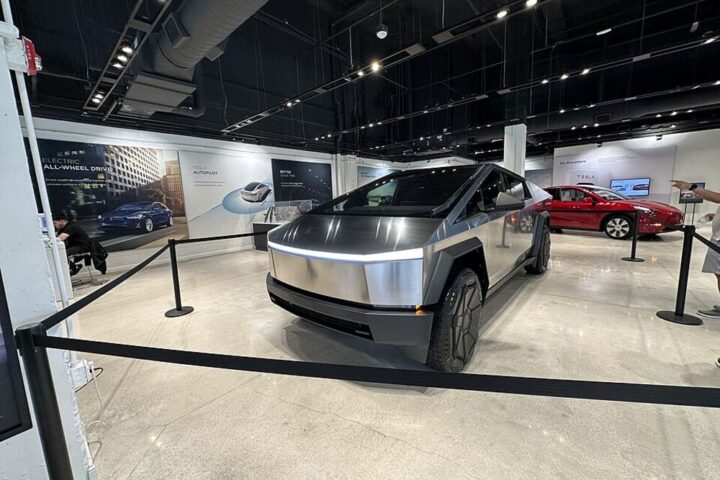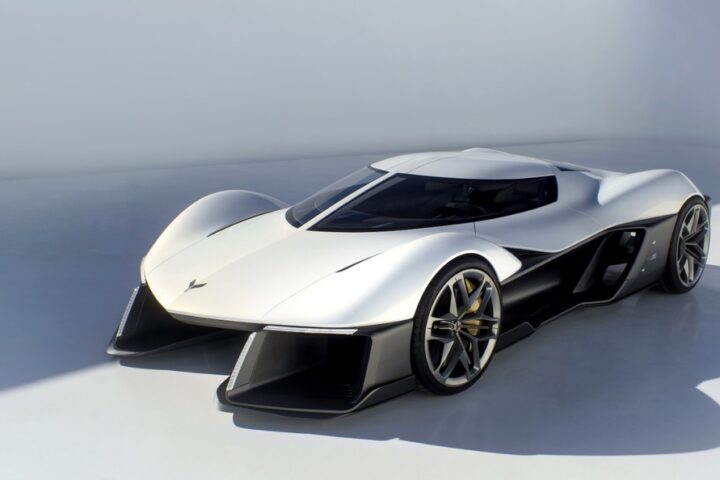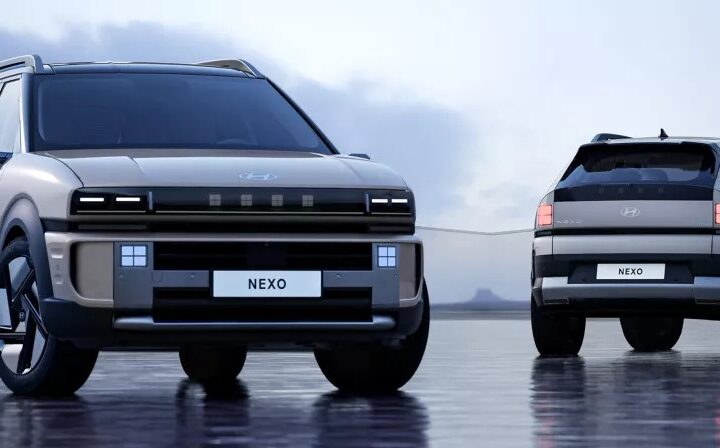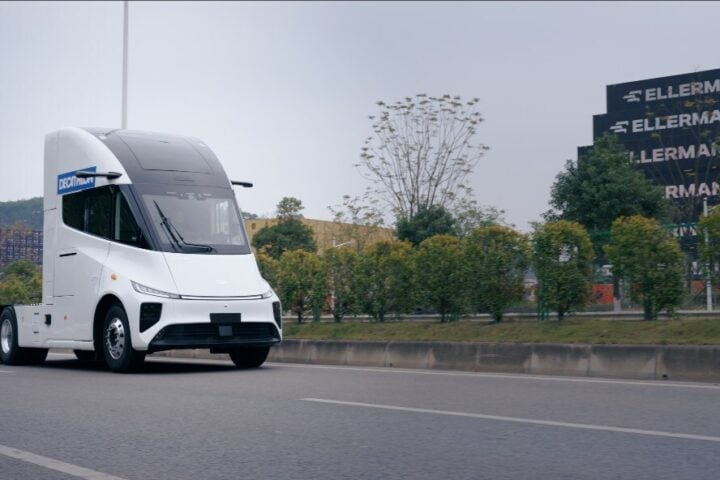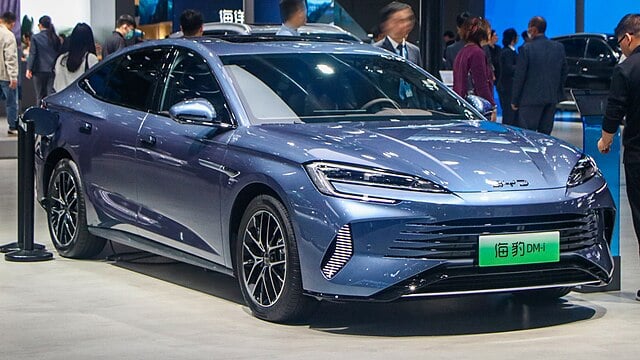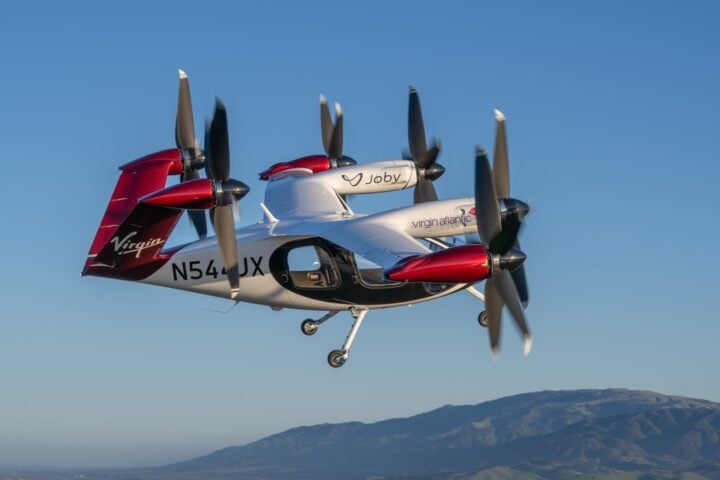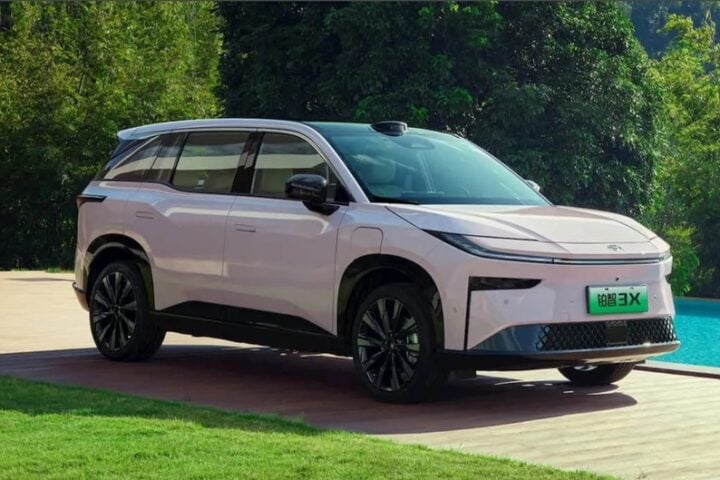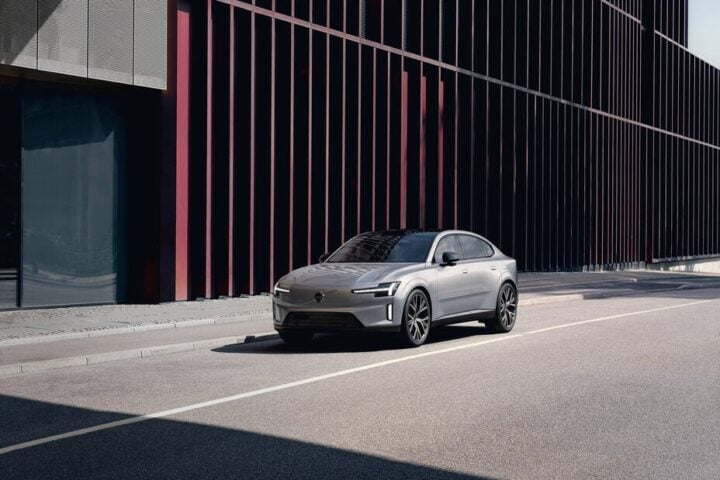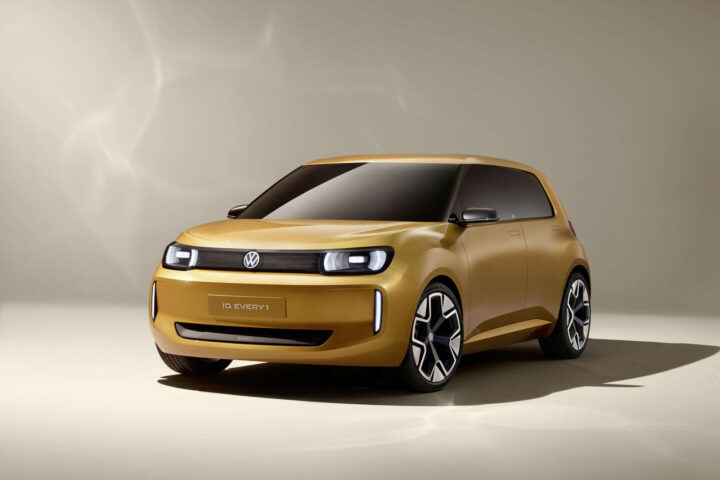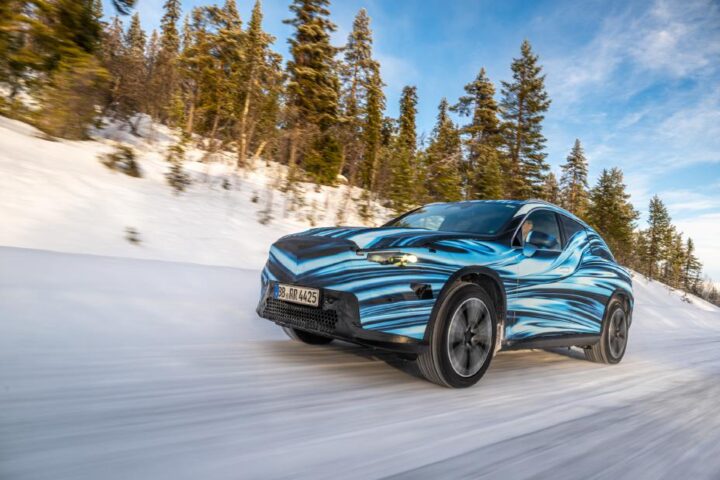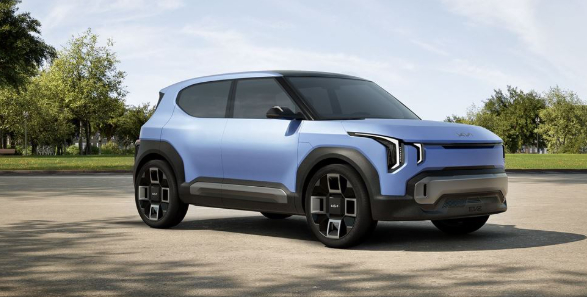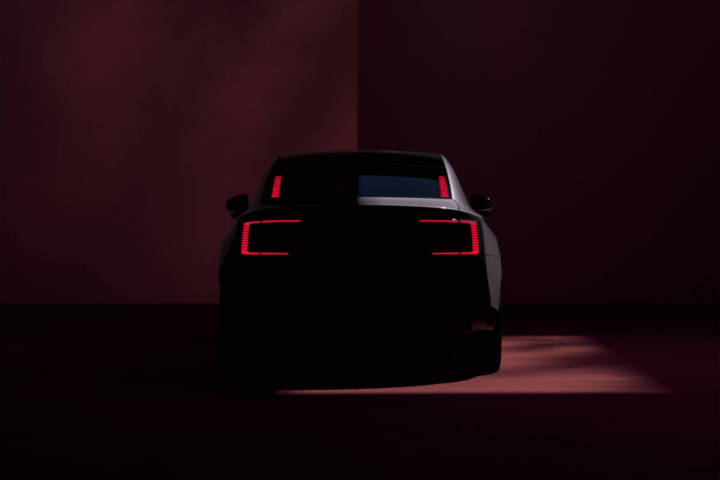Nissan is making a bold push into the electric vehicle market with plans to launch three new electric models by 2026, as the Japanese automaker fights to remain competitive in an increasingly crowded EV landscape.
The company’s strategy centers on a completely reimagined Leaf crossover, a revival of the iconic Micra as a fully electric vehicle, and an electric version of its popular Juke model.
Next-Generation Leaf: From Hatchback to Crossover
The third-generation Nissan Leaf represents a dramatic shift from its predecessors. Rather than continuing as a hatchback, the new Leaf will transform into a compact SUV with an impressive 373-mile range on a single charge.
“Over the next two years, we are excited to roll out an impressive lineup that will redefine the road! This includes the reimagined Nissan LEAF, and a daring new Micra EV.” notes chief planning officer Ivan Espinosa.
The new Leaf will be built at Nissan’s Sunderland plant in the UK, which has a large workforce. The facility is part of Nissan’s EV36Zero project, which aims to create an EV manufacturing hub combining vehicle production with renewable energy and battery development.
Technical improvements include compatibility with Tesla Superchargers across North America through an NACS charging port, significantly improving charging options for drivers. The vehicle will be based on the modular CMF-EV platform developed in partnership with Renault, which should translate to a spacious cabin and potentially competitive pricing.
Similar Posts
Electric Micra: A Return to Retro
Nissan is reviving the iconic Micra nameplate as a fully electric compact car scheduled to arrive in showrooms later this year. The new Micra EV will use the same platform as the Renault 5 E-Tech.
UK customers will have two battery options: a 40kWh and a larger 52kWh pack offering up to 248 miles of range on a single charge. Designed at Nissan Design Europe in London, the Micra adopts a boxy retro style with distinctive bug-eye headlights inspired by the 2002-2010 K12 Micra models.
The electric Micra will be manufactured at the Ampere ElectriCity plant in Douai, France.
Electric Juke: Coming in 2026
Nissan will also transform its popular Juke crossover into a fully electric vehicle by 2026. While details remain limited, the company indicates the electric Juke will take design inspiration from the Hyper Punk concept car shown at the 2023 Japan Mobility Show.
Early images suggest a sportier, more angular coupe-style profile, though specifications and performance figures haven’t yet been released.
Battery Technology Advancements
Behind these new models is Nissan’s significant investment in battery technology. The company is particularly focused on solid-state batteries (ASSB), which promise higher energy density, faster charging, and improved safety compared to traditional lithium-ion batteries.
Nissan aims to bring vehicles powered by solid-state batteries to market by 2028, potentially giving the company a crucial competitive advantage. The automaker is also forming strategic partnerships to secure its battery supply chain.
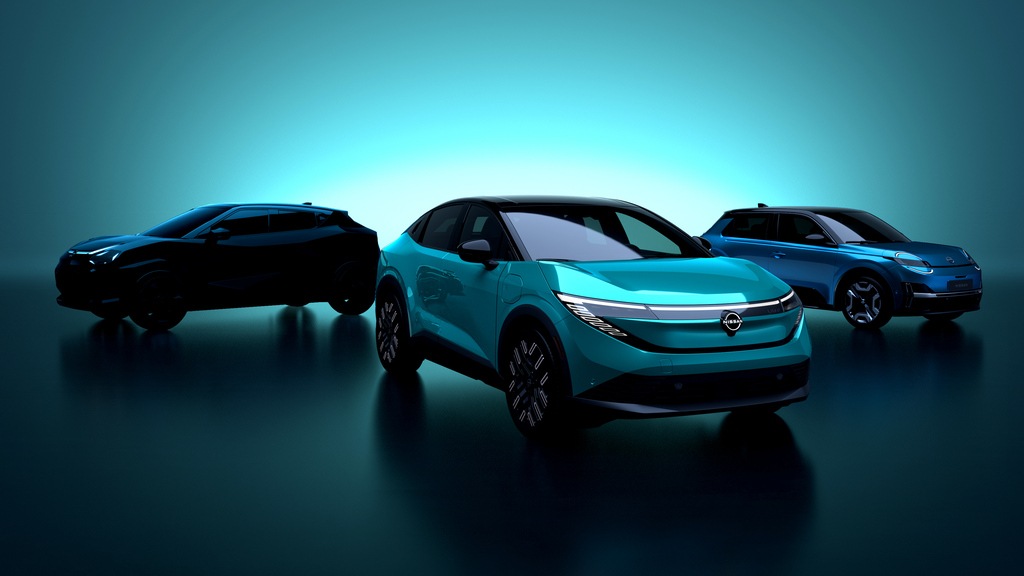
Company Challenges
These ambitious EV plans come at a critical time for Nissan, which has seen global sales slump by 3.8% to 1.59 million vehicles in the first half of 2024. The company has particularly struggled in China, where sales fell 14.3%.
In November, Nissan announced plans to cut 9,000 jobs globally and reduce manufacturing capacity by 20% to save approximately £2.6 billion. Reports suggest the company could face up to $5.6 billion in debt by 2026.
Potential merger talks with Honda earlier this year did not materialize, putting additional pressure on Nissan to succeed with its EV strategy.
“The root of the problems stem from a wave of cheaper EV alternatives coming from China that are flooding the global market and stealing market share away from the Japanese company”, reports suggest.
“We are slow and this is one of the things we have to fix. The market has become very dynamic”, said Ivan the upcoming CEO Ivan Espinosa while emphasizing the need to reduce the development times for new models.

Looking Forward
With competition intensifying from both established automakers and Chinese newcomers, Nissan’s electric vehicle push represents a crucial attempt to regain momentum in a market it once helped pioneer with the original Leaf in 2010.
Leon Dorssers, Nissan’s senior vice president, emphasized that all new models will share “striking design, technical innovation and intuitive technology” aimed at attracting both new customers and retaining existing Nissan owners.
The success of these three electric models could determine whether Nissan can reverse its fortunes and remain a significant player in the rapidly evolving automotive industry.
